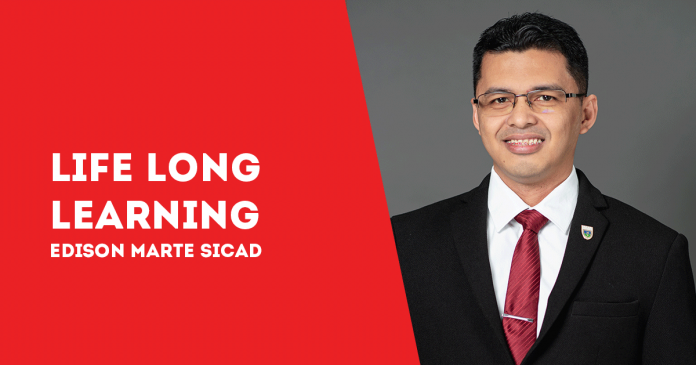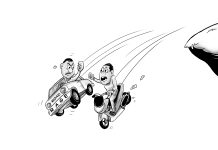
ONE of the lessons I learned from my college teacher in Rizal class: what makes Jose Rizal, among all the other national heroes, as the dominant figure of 19th century Philippine History — especially in the academe — were his voluminous written works.
Rizal had this habit of writing down his thoughts, making frequent correspondence, and “weaponizing his words” as an agent of change. It is as if, by foresight, he knew he will be read; that his life is worth studying—and worthy of emulation. It is as if he knew that we will be needing his words in defining Nation, Independence, Education, and Filipino.
And if there is one book in my reading list that will make me learn and appreciate more about Jose Rizal, it would be this:
A Nation Aborted: Rizal, American Hegemony, and Philippine Nationalism by Floro C. Quibuyen.
***
After immersing myself into the teaching profession for more than 15 years, the concept of education — as the ideal means for character formation and nation-building — makes me think again about my pedagogy and the general assumption that learning can only happen in school and can only be measured by grades.
I still believe that the library card is more important than the report card; that reading books—not textbooks—is the best holistic approach in learning; and that learning how to learn (autodidacticism) is the essential life-skill that students must have, and teachers must model in a 21st century environment.
And I highly recommend this book to those who wanted to make their teaching profession relevant to the needs of the times:
Most Likely to Succeed: Preparing Our Kids for the Innovation Era by Tony Wagner and Ted Dintersmith
***
The irony is that the more you listen to the news, the older you feel: weary and tired of the same shenanigans; the more you know about how violent, unreasonable, and hardheaded (kamote) others are; the more you learn that what is trending and viral nowadays are pitiful, weak-willed, and “appeal to emotion” posts.
The irony is that the more news you read, the more confused you get: the less you understand the world and the people living in it.
We shock ourselves of facts, trivial and sensational; but get inundated, drowned by the onslaught of misinformation and fake news. No connections are made. No meanings are appreciated. Reading with no directions.
You may include this book in your reading list as part of your personal reading program:
Amusing Ourselves to Death: Public Discourse in the Age of Show Business by Neil Postman
***
Eavesdropping:
John: “Why do many people get depressed these days?”
Peter: “Because you have been spending more time scrolling.”
John: “What do you mean?”
Peter: “I bet you only scanned the first two sentences and continued scrolling.”
John: “Well, people should learn more about depression and its consequence like suicide. I am interested with what’s happening around.”
Peter: “You are not really interested about others. You are only, again, scrolling time away.”
John: “You are not a nice person to talk to.”
Peter: “Look, there is nothing new about depression. Émile Durkheim wrote about it a hundred years ago.
John: “But still, I wonder why it is happening.”
Peter: “It is happening because it is newsworthy. People have not really changed for the better. Technological innovation is not synonymous with personal improvement.”
John: “You are such a pessimist.”
Peter: “I am just a realist. Go out and learn for yourself. Make the world your classroom and life your teacher and experience your lesson.”/PN







